Latest News

Christian Horner
Christian Horner singles out one Red Bull driver as axed F1 boss takes to social media
- 36 minutes ago

Latest F1 News
Axed F1 boss takes aim at FIA stewards over controversial penalty verdict
- 1 hour ago

Latest F1 News
Laurent Mekies issues telling response to Christian Horner Red Bull sacking
- 2 hours ago

Latest F1 News
Toto Wolff takes over Christian Horner F1 role after Red Bull exit
- 3 hours ago

F1 Today
F1 News Today: Max Verstappen wants answers as star driver summoned to team HQ
- Today 07:57

British Grand Prix
YouTuber arrested after '£30k damage' to F1 car reported at British GP
- Yesterday 22:57
Most read

500.000+ views
FIA issue Lando Norris disqualification verdict at Austrian Grand Prix
- 29 june

250.000+ views
F1 News Today: Austrian Grand Prix race result confirmed as FIA issue Lando Norris disqualification verdict
- 1 july

200.000+ views
Lewis Hamilton disqualification proves McLaren are real deal at Austrian Grand Prix
- 1 july

150.000+ views
F1 2025 Standings: Lewis Hamilton gets Ferrari boost as team promoted THREE places after Silverstone heroics
- 7 july

150.000+ views
FIA announce Lewis Hamilton punishment verdict at Austrian Grand Prix
- 27 june

100.000+ views
Max Verstappen Silverstone fate sealed as Red Bull star given Austrian GP penalty points
- 30 june








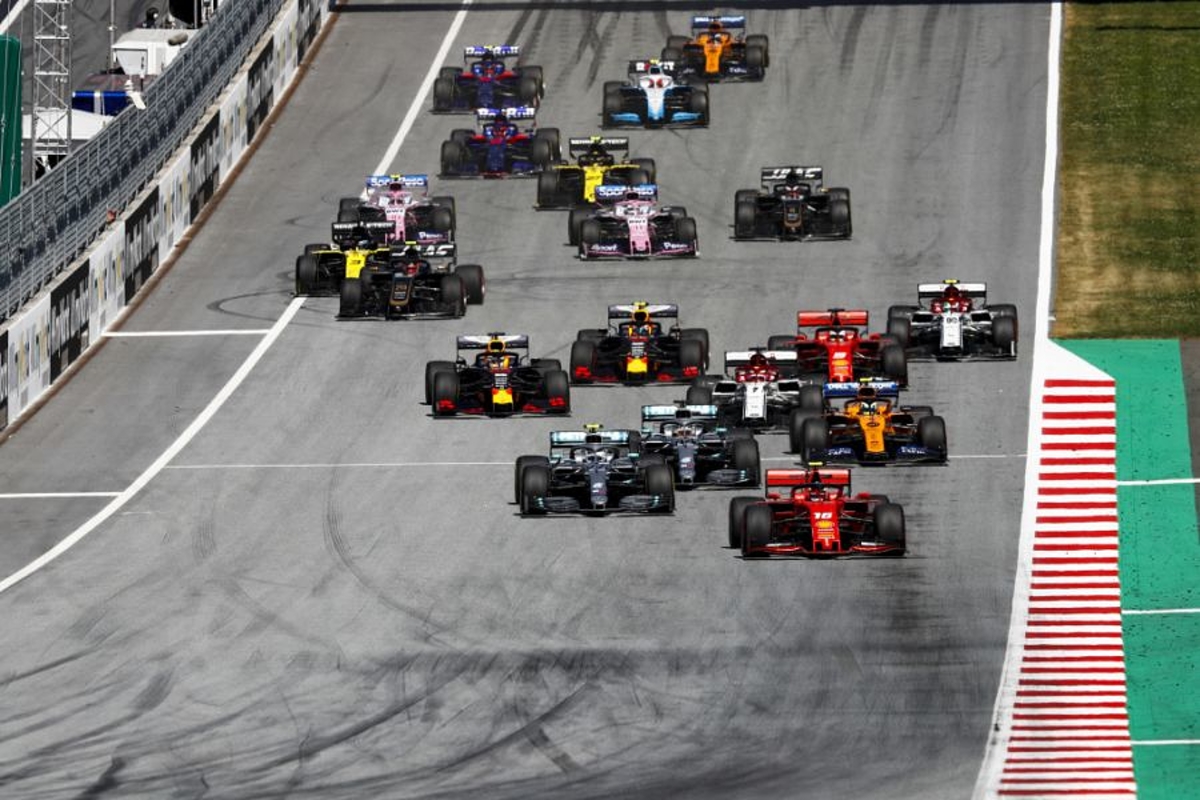

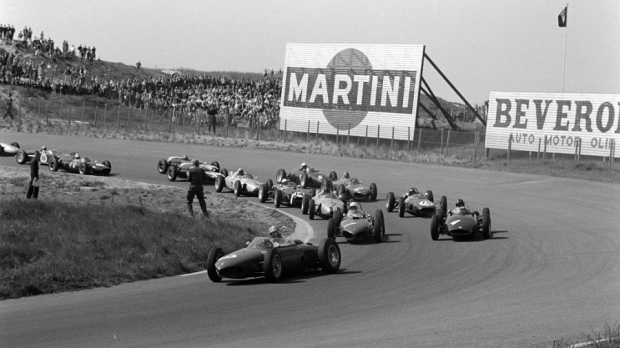
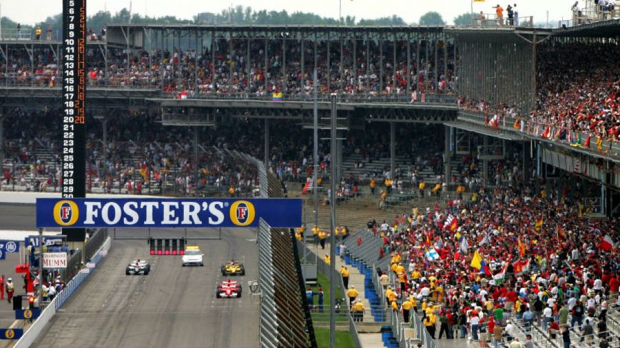
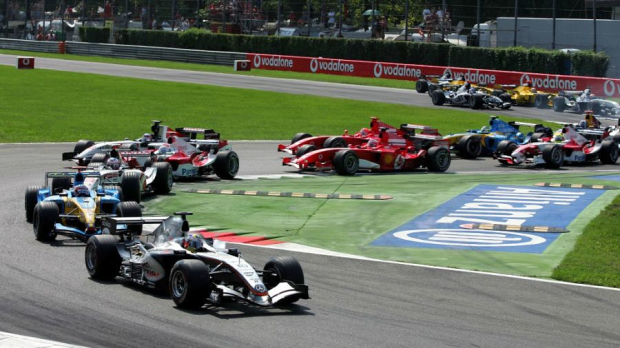
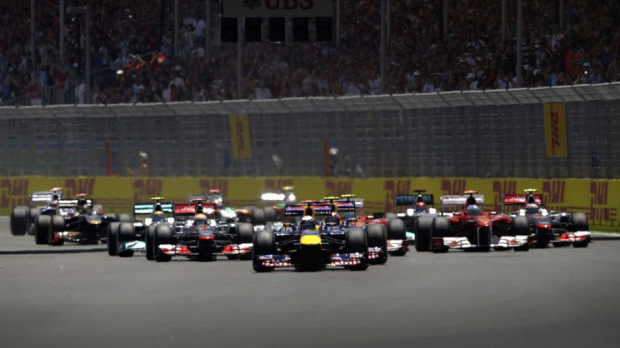
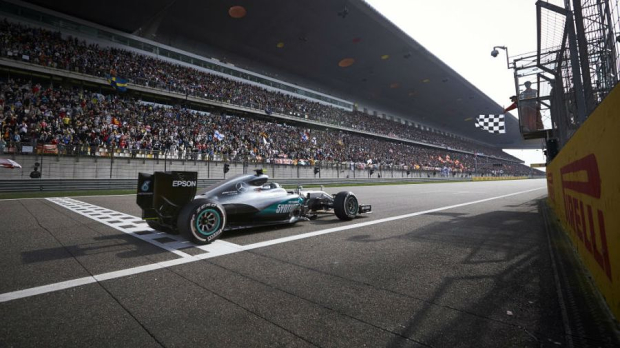
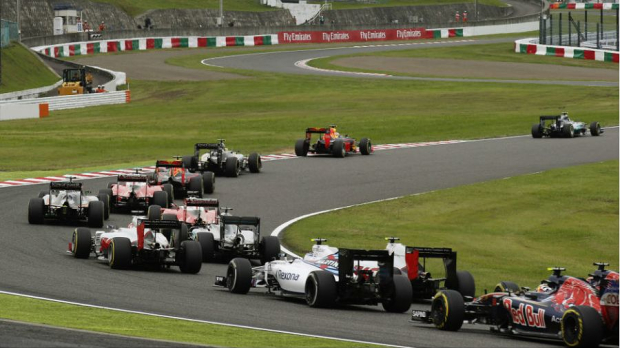
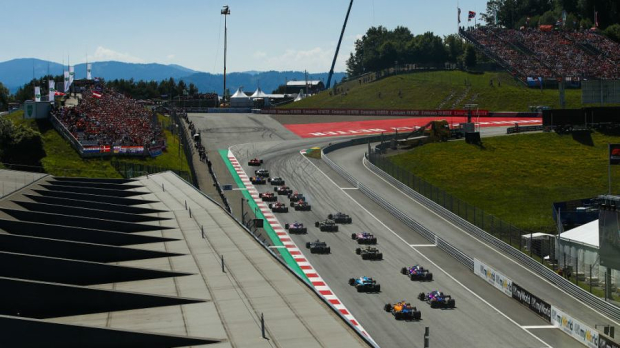
















 Grand Prix of Australia 2025
Grand Prix of Australia 2025  Grand Prix of China 2025
Grand Prix of China 2025  Grand Prix of Japan 2025
Grand Prix of Japan 2025  Grand Prix of Bahrain 2025
Grand Prix of Bahrain 2025  Saudi Arabian Grand Prix 2025
Saudi Arabian Grand Prix 2025  Grand Prix De Monaco 2025
Grand Prix De Monaco 2025  Gran Premio de España 2025
Gran Premio de España 2025  Grand Prix du Canada 2025
Grand Prix du Canada 2025  Grand Prix of Austria 2025
Grand Prix of Austria 2025  Grand Prix of Belgium 2025
Grand Prix of Belgium 2025  Grand Prix of Hungary 2025
Grand Prix of Hungary 2025  Grand Prix of Azerbaijan 2025
Grand Prix of Azerbaijan 2025  Grand Prix of Singapore 2025
Grand Prix of Singapore 2025  Gran Premio de la Ciudad de Mexico 2025
Gran Premio de la Ciudad de Mexico 2025  Grande Prêmio de São Paulo 2025
Grande Prêmio de São Paulo 2025  Qatar Grand Prix 2025
Qatar Grand Prix 2025  Grand Prix of Abu Dhabi 2025
Grand Prix of Abu Dhabi 2025 